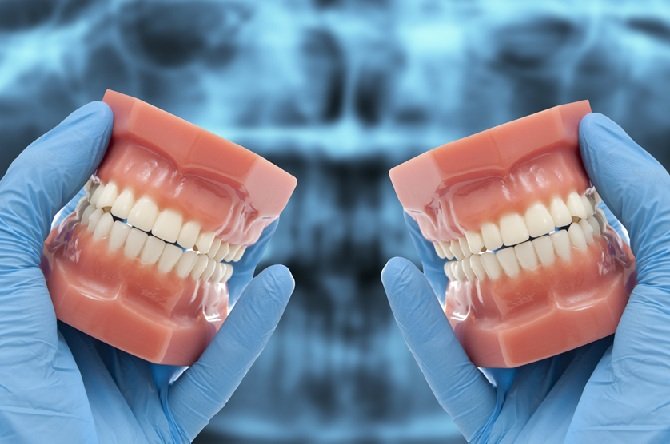Tooth sensitivity can feel like a sharp reminder of discomfort in your daily life. A cosmetic dentist in Wheaton, IL can guide you in easing that discomfort. Regular dental visits play a critical role in managing sensitivity. You find relief not just in the treatment chair but in the consistent care you receive over time. Proper cleaning, sealants, and dental advice help in reducing sensitivity. Your dentist identifies the cause of discomfort, whether it’s enamel erosion or gum recession. By addressing these issues early, you prevent more serious complications. You experience fewer twinges and more confidence with each visit. General dentistry not only improves oral health but also enhances your comfort. This approach reduces the worry of unexpected pain. With expert guidance, you better understand the value of consistent care. You’ll notice significant improvements in your daily life by taking proactive steps.
Understanding Tooth Sensitivity
Tooth sensitivity occurs when the protective layers of your teeth become compromised. Your enamel or gums might wear down, exposing the sensitive dentin underneath. Cold, hot, or sweet foods trigger discomfort. Understanding the root causes can better prepare you for effective treatments.
Causes of Tooth Sensitivity
- Brushing too hard or using a hard-bristled toothbrush damages enamel.
- Gum recession exposes tooth roots.
- Eating acidic foods causes enamel erosion.
- Grinding your teeth weakens enamel.
- Tooth decay or damaged fillings lead to sensitivity.
The Role of General Dentistry
General dentistry offers several strategies to reduce sensitivity. Regular cleanings remove plaque and tartar that contribute to gum disease. Dentists apply fluoride treatments to strengthen enamel. Desensitizing agents form a protective barrier on your teeth. These approaches make teeth less reactive to triggers.
Benefits of Routine Dental Care
Consistent dental check-ups mean fewer surprises. Dentists spot potential problems early, reducing the risk of severe sensitivity or decay. Regular visits teach you about effective oral hygiene. You learn the best techniques for brushing and flossing.
Comparison of Common Treatments
| Treatment | Process | Effectiveness |
|---|---|---|
| Fluoride Treatment | Application of fluoride varnish | Strengthens enamel and reduces sensitivity |
| Desensitizing Agents | Special toothpaste or gel | Blocks pain signals to nerves |
| Dental Sealants | Protective coating on teeth | Prevents decay and sensitivity |
Practical Steps at Home
In addition to dental visits, home care is crucial. Use a soft-bristled toothbrush. Choose toothpaste designed for sensitive teeth. Avoid acidic foods and drinks. Wear a mouthguard at night if you grind your teeth.
Professional Guidance
A dentist gives personalized advice based on your specific needs. They understand your dental history and tailor treatments accordingly. Professional guidance ensures that you receive the most effective care.
Long-Term Benefits
Addressing sensitivity early reaps rewards. You experience less pain and more confidence. Daily activities like eating and drinking become more enjoyable. A healthy smile boosts your self-esteem.
Resources for Further Information
For more details, visit National Institute of Dental and Craniofacial Research and Centers for Disease Control and Prevention. These resources offer valuable information on oral health and preventive care.
Taking Action
Tooth sensitivity shouldn’t dictate your life. With the right dental care, you achieve lasting comfort. General dentistry plays a vital role in reducing sensitivity. Your dedication to routine care leads to healthier, happier days. Embrace the path to relief and enjoy better oral health.



